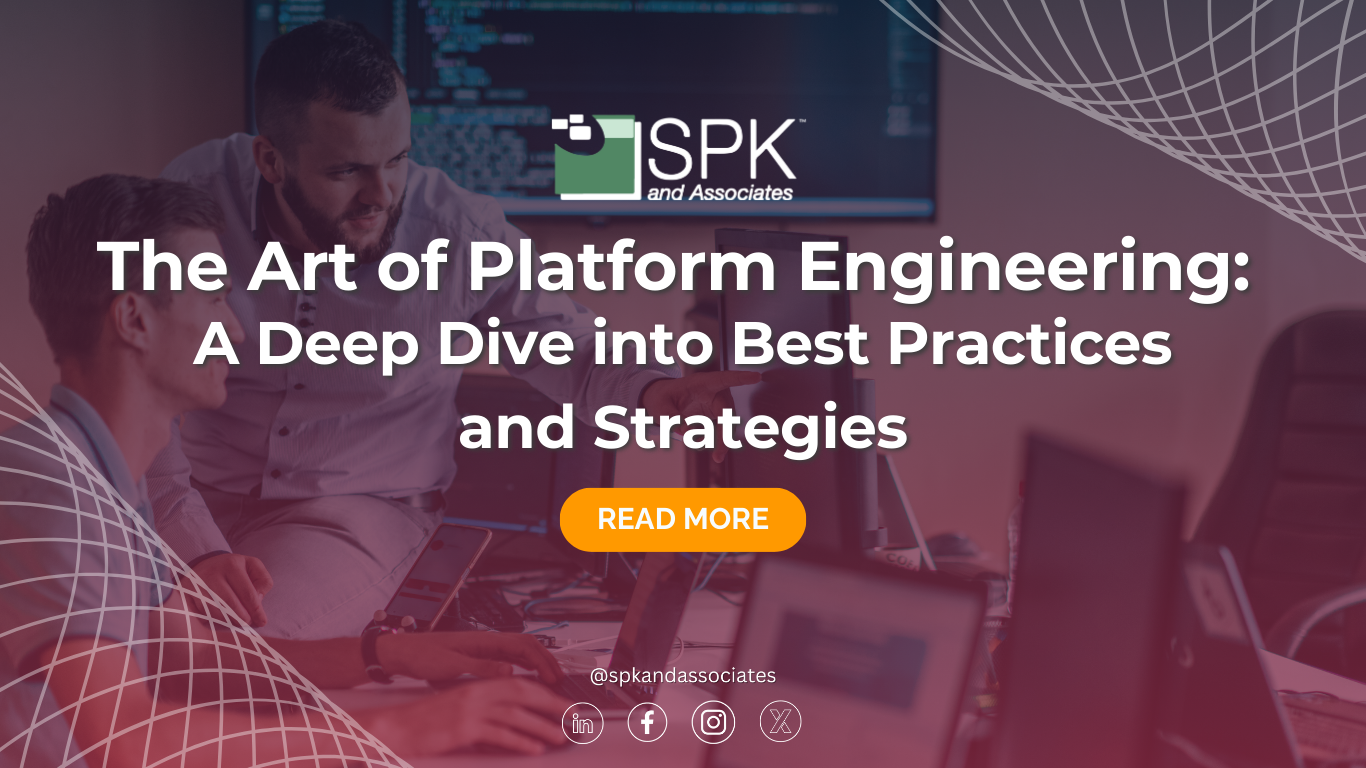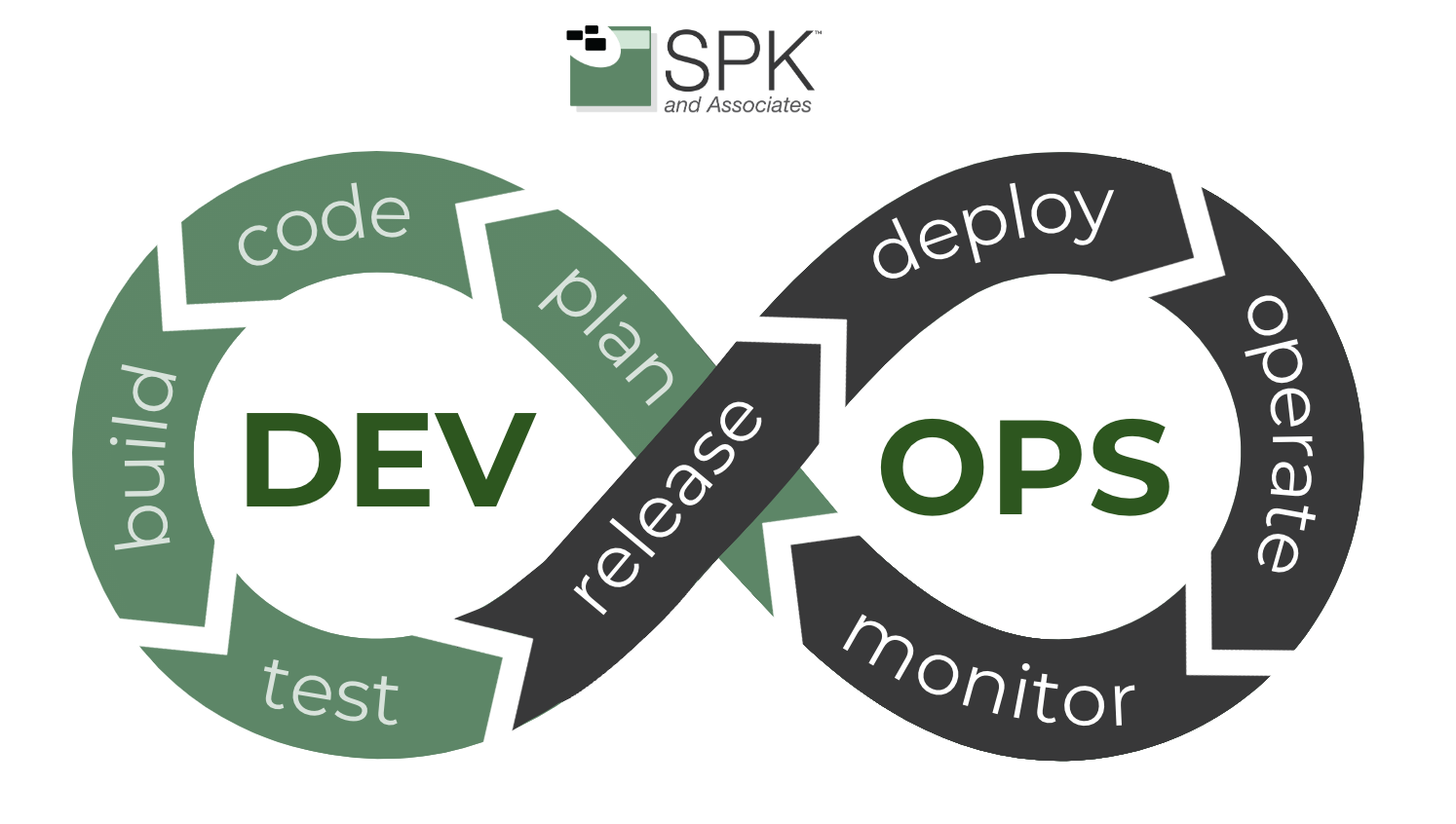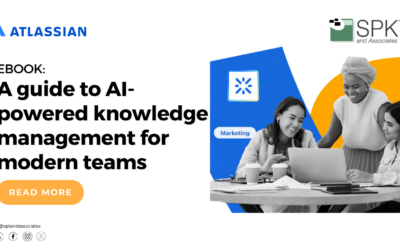The conversation surrounding platform engineering is growing louder in the software delivery sphere. While DevOps has been the main focus in recent years, platform engineering may be the next big trend. DevOps focuses on integrating development and operations for faster delivery and continuous improvement while platform engineering creates internal developer platforms (IDPs) to enhance productivity. Let’s explore the nuances between DevOps and platform engineering and dive into best practices for creating impactful internal platforms.
DevOps vs. Platform Engineering
What is DevOps?
DevOps is a framework that emphasizes collaboration between development and operations teams. It aims to deliver software faster and more reliably by leveraging practices like CI/CD, IaC, automated testing, and monitoring. DevOps enables teams to collaboratively build, deploy, and operate software.
What is Platform Engineering?
Platform engineering expands upon DevOps by building scalable and reusable platforms that serve as a foundation for development teams. It creates self-service capabilities for developers, enabling them to:
- Access tools, services, and infrastructure with minimal manual intervention,
- Standardize and simplify workflows for consistent results,
- And focus on building value without worrying about repetitive setup tasks.
The Platform Engineering Approach
There are a few main components that make platform engineering unique. One of the key distinctions is treating developers as the end-users of the platform. This requires platform teams to deeply understand developers’ pain points and workflows. Some best practices include conducting interviews to map developer workflows, collecting feedback to refine platform features, and using developer experience (DX) metrics to track friction points and improvements.
Platforms should be designed to grow with the organization without unnecessary complexities. This balance ensures developers can adopt the platform with minimal learning curves. It is best to leverage open standards and technologies for interoperability. Platform engineering also has a focus on self-service capabilities and automation. By automating repetitive tasks such as the provisioning of infrastructure and environments, the platform enables developers to focus on delivering features and fixing issues. The platforms can also provide self-service pipelines for CI/CD as well as use Infrastructure as Code (IaC) to standardize deployments.
Strategies for Platform Engineering Success
Building a platform is a continuous process. Start with a Minimum Viable Platform (MVP) that addresses the most critical developer needs and iterate based on feedback. Then, iterate as you work. It is also a good idea to use observability tools to identify areas for improvement. Metrics like lead time, deployment frequency, and mean time to recovery (MTTR) can provide valuable insights. Along with identifying areas for improvement, you should get input from multiple teams, including developers, operations, and product managers. Establishing a cross-functional team ensures the platform addresses diverse needs. Overall, you should think of the platform as a product, complete with a roadmap, release cycles, and user support. This mindset helps prioritize features and maintain alignment with user needs.
The Future of Software Delivery
Platform engineering represents the next evolution of DevOps. As the industry embraces platform engineering, businesses can focus on bridging the gap between tools and teams. If your organization is ready to take your platform engineering strategy to the next level, contact our experts. Together, we can build the foundation for your future success.











